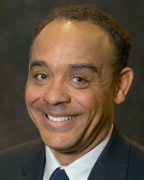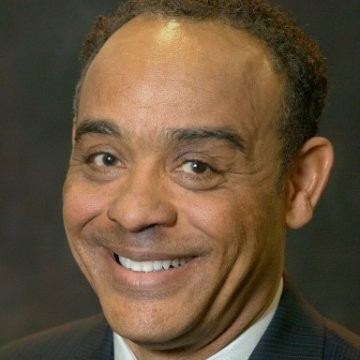By John Grace
Contributing Columnist
Let’s begin with a good analogy. No matter where you live, one of the best things you can do is prepare for a natural disaster.
By living in California, for example, we know a serious earthquake is baked into the cake. It’s just a matter of time.
Speaking of time, we also know it’s impossible to predict when such an event might happen. And according to this observer, it’s not about the prediction, it’s all about the preparation.
Once well prepared you may not care so much whether or not a disaster takes place, but you know you have improved the odds of being on the news telling your survival story, as opposed to your demise being talked about in the news.
This year the S&P 500 had its worst first-half performance since 1962. What could possibly happen next?
Through the first six months of 2022, the S&P 500 fell 20% officially entering a bear market marking the worst first-half performance in 60 years, according to Fortune July 5. This may be just the beginning of a lot of red ink in so many categories.
Investment banks increasingly assert that the stock market has a lot further to fall. At the same time inflation is at a 40-year high, fears of recession increase, and decreasing corporate earnings expand.
Equities may continue to see volatile trading over the upcoming months as the toxic combination of stagnating economic growth and high inflation, known as stagflation, fluster markets, according to Bank of America research.
Historically, the BofA team observed that an S&P 500 negative first half of the year has led to negative returns for the index 44% of the time over the next six months. In contrast, when the S&P 500 remains positive through the first six months of the year, it has only turned negative 19% of the time in the year’s second half.
Dent Research issued an all-out sell message last December after warning subscribers and members about how low the market could go.
“It is this orderly succession of global tops that most clearly marks a major top that may hold for many years, rather than marking just another new high in the never-ending bubble from the unprecedented, something-for-nothing stimulus we’ve had since 2008. This bubble is officially over,” opined Harry Dent. As I am fond of saying, Americans tend not to learn from history because we are way too busy repeating it.
The securities industry is also part of the problem. At a recent graduation party, two guests were talking about how their broker admonished them, “Don’t look at your statements.”
I apologized to both for what I considered to be not only bad advice, but insulting advice. At my firm, we have come to appreciate that savvy investors hate losses more than they love gains.
That means investors should not only look at their statements but define in advance how much loss is acceptable, then they can see how their portfolios are holding up in relation to the declines that may be within their customized parameters.
Rather than sit in the deck chairs on the Titanic, or move from one chair to the next, increasing numbers of concerned investors are interested in how they might win by losing less. Instead of maintaining a passive account that may remain 5% cash and 95% invested in some combination of stocks and bonds, active management accounts take the deck chairs off the Titanic, so to speak, out of risk and move the money into cash or money market accounts in a bad decline.
That means accounts by year-end in 2008 for example, investors saw how their accounts went from 5% cash to 40% or more in cash, reducing their losses.
One of the things savvy investors do is look at their 2008 statements to see how their accounts turned against them. By doing so, they learn from the past instead of merely repeating it, which can help investors prepare for the good, the bad and the unforeseen around the corner. We can all agree that the next time could well be worse than the last time.
Where might we go from here? Thanks to the never-ending stimulus, it would not surprise this observer to see the U.S. in a ‘Great Recession’ that could lead to the ‘Great Depression II.’ The TV talking head experts, government officials, and most of the public fail to see financial bubbles until they burst. Bubbles are bursting simultaneously around the world in an array of domains.
In the event of the crash of a lifetime, now is the time to put your strategies in place to avoid being kicked in the assets.
John Grace is a registered representative with LPL Financial. His On the Money column runs monthly in The Wave. The opinions expressed here for general information only and are not intended to provide specific advice or recommendations for any individual.













